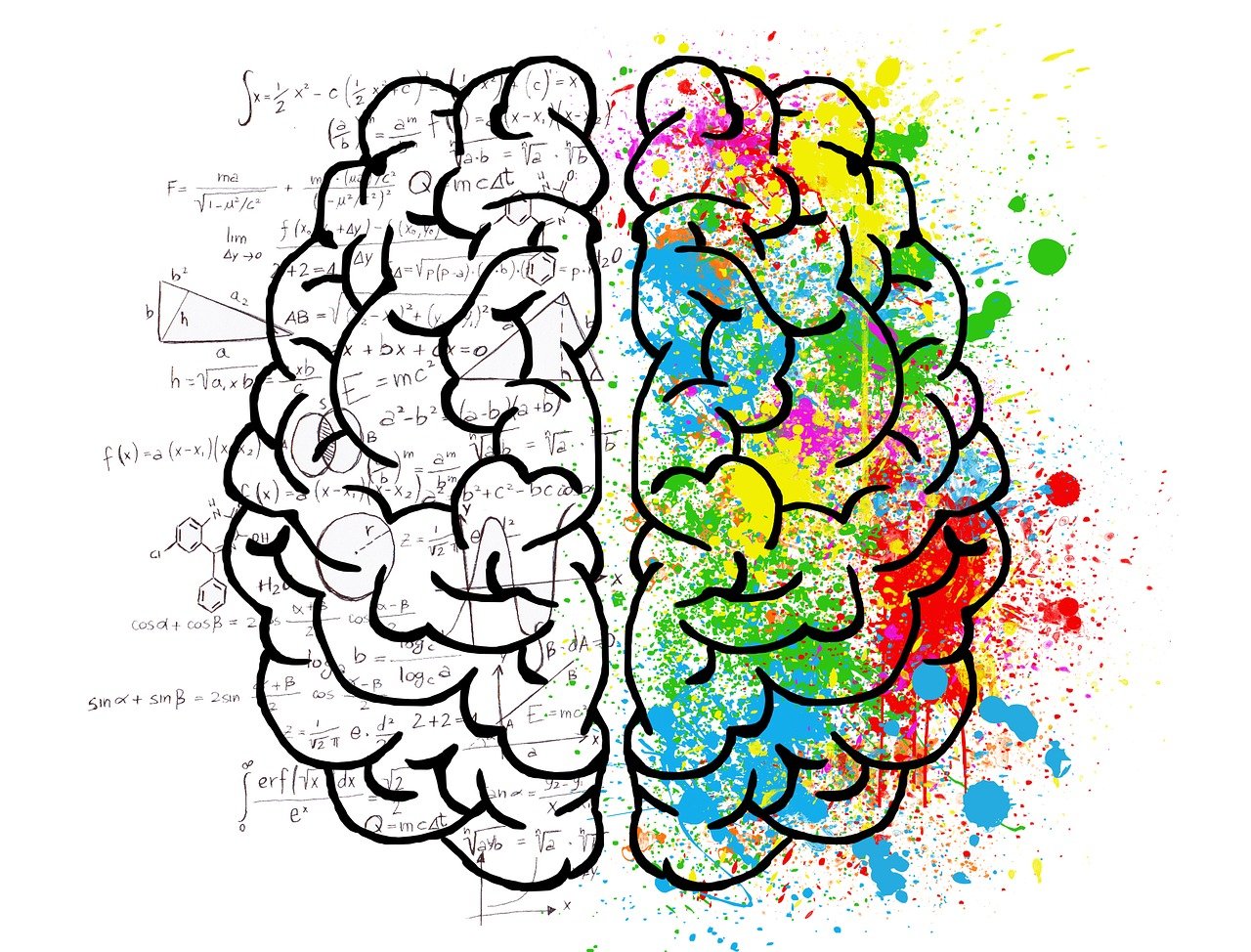Mental health is an essential aspect of our overall well-being. It requires attention and care just like our physical health. Unfortunately, mental health issues are often stigmatized. This makes it challenging for individuals to seek help. However, there are several resources available to individuals who require mental health help.
One effective way to manage mental health is through ancient Indian techniques. These practices help you focus your mind and calm your thoughts, which can help you reduce stress and anxiety levels. Many mental health professionals, such as psychotherapists, mental health counselors, and therapists, can provide guidance on meditation techniques as part of their mental health services. Though, ancient Indian philosophers provide more comprehensive ideas proven by millions of followers.
Here is an Indian technique to manage your mental health.
Table of Contents
Mental well-being ideas from Buddhism.
One aspect of one of the greatest Yogi Gautama Buddha’s teachings is suffering or Dukkha, which refers to the dissatisfaction that is inherent in human existence. According to Buddha, this suffering is caused by craving and attachment to things that are impermanent and constantly changing. The cycle of birth, death, and rebirth, known as samsara, perpetuates this suffering. Buddha taught that through the practice of the Eightfold Path, individuals could break free from this cycle and achieve enlightenment. It is a state of lasting peace and liberation from suffering. In modern days one may not need necessarily renunciate to end the suffering. Common man also can follow the eightfold path.

By recognizing the impermanence of all things and letting go of attachments, one could find a path to inner peace and true happiness.
Astanga Marga, also known as the Eightfold Path Plan, is a fundamental teaching of Gautama Buddha that outlines the path to achieving liberation from suffering. This also helps achieve enlightenment.
The Eightfold Path includes:
- Samyak Drishti (Right View): Having a correct understanding of reality and the nature of suffering can improve mental health by reducing confusion, anxiety, and stress. When we understand the reality of our existence and the impermanence of all things, we can let go of attachment, expectations, and judgment, and develop a sense of peace and equanimity.
- Samyak Sankalpa (Right Intention): Cultivating a compassionate and selfless attitude towards all beings can improve mental health by reducing feelings of isolation, loneliness, and selfishness. When we see ourselves as part of a larger interconnected system of beings, we develop empathy, kindness, and a sense of purpose.
- Samyak Vak (Right Speech): Abstaining from falsehood, slander, gossip, and harmful speech, and using words to promote truth and kindness can improve mental health by reducing conflicts, misunderstandings, and negative emotions. When we communicate in a skillful and compassionate way, we create positive relationships, build trust, and promote well-being.
- Samyak Karmanta (Right Action): Acting in ways that promote the well-being of oneself and others, and avoiding harmful actions can improve mental health by reducing guilt, shame, and regret. When we act in a way that aligns with our values and ethics, we create a sense of integrity, self-respect, and self-esteem.
- Samyak Ajiva (Right Livelihood): Making a living in ways that are ethical and do not cause harm to others can improve mental health by reducing stress, anxiety, and guilt. When we work in a way that aligns with our values and beliefs, we create a sense of purpose, fulfillment, and satisfaction.
- Samyak Vyayama (Right Effort): Cultivating the mental and physical energy necessary to maintain a positive state of mind and practice the path diligently can improve mental health by reducing lethargy, apathy, and negativity. When we put effort into developing positive habits and practices, we create a sense of discipline, self-control, and motivation.
- Samyak Smriti (Right Mindfulness): Developing a keen awareness of one’s thoughts, feelings, and actions in the present moment can improve mental health by reducing distractions, anxiety, and negative thinking. When we cultivate mindfulness, we develop a sense of clarity, focus, and equanimity.
- Samyak Samadhi (Right Concentration): Developing deep concentration and focus through meditation, leading to a state of calm and tranquility can improve mental health by reducing stress, anxiety, and depression. When we practice meditation, we develop a sense of inner peace, calmness, and relaxation, which can help us cope with the challenges of life.
By following the Eightfold Path, individuals can cultivate wisdom, ethical conduct, and mental discipline, ultimately leading to the attainment of enlightenment and liberation from suffering.
Though it is important to note that one may need an expert or a Guru to practice these margas. Although, you may start practicing yourself until you meet your Guru. As Buddha says, When the student is ready the teacher will appear.
When you should seek a medical health expert?
If you’re looking for mental health help near you, you can start by searching for mental health clinics or centers in your area. You can also look for licensed clinical social workers or clinical mental health counselors who offer therapy near you. Many clinics and therapists also offer telepsychiatry or telehealth mental health services, which can be a convenient way to receive mental health help from the comfort of your own home.

If you require urgent psychiatric help, there are also psychiatric emergency services available. You can search for psychiatric clinics or services near you to find the appropriate mental health professional to assist you.
Some mental health treatment centers specialize in providing residential mental health facilities for individuals who require more intensive care. These facilities provide a supportive environment for individuals who require round-the-clock mental health care. Additionally, there are low-cost therapy options available for individuals who require mental health counseling near them. You can search for licensed counselors or psychology clinics near you to find affordable therapy options. Insurance providers such as United Healthcare, Cigna, and Aetna also offer mental health coverage that can assist with the cost of therapy.
It’s essential to remember that there is no shame in seeking mental health help. Whether you require mental health counseling, therapy, or treatment, there are many mental health professionals and resources available to assist you. Organizations such as SAMHSA and Ginger Mental Health offer mental health programs and services to individuals who require mental health help.
You may be interested to see a mental health expert in your country or your surroundings. Look around, if you need them just go. Don’t look back.

If you need help with your mental health, it’s crucial to reach out for assistance. Whether you need help managing stress and anxiety or require more intensive mental health treatment, there are resources available to support you on your mental health journey.
Anyways, you have options from A-Z, just try one option and be free from mental health issues.
Stay updated with Scientific Monk.




